Weight gain is not the same for everyone. While some people gain weight easily, others struggle with it. The latter set of people need expert guidance on nutrition, exercise, and supplements to ensure sustainable progress. From incorporating a variety of weight gain foods to taking weight gain supplements, there are many ways one can achieve a healthier, more balanced physique. Some experts also believe in the power of protein powder for weight gain.
However, it is important to devise weight gain tips based on the individual’s lifestyle and health condition, as consuming only high calorie foods for weight gain may not give the desired, long-term results. More importantly, these home remedies for weight gain must be complemented with the right guidance and expert supervision for effective results.
Understanding your body and its nutrient requirements is the first step to learning how to gain weight healthily. Look around this section for more tips, ideas, charts, expert advice, and recipes to lead a healthier lifestyle with an improved physique.
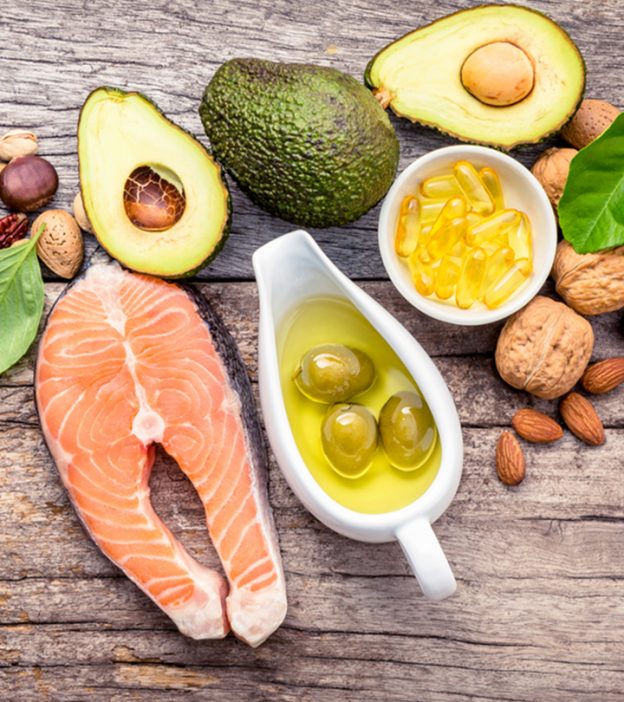
Gaining weight is as difficult as losing it.

Bloating is often mistaken as weight gain. But what is the difference between bloating and

If you are an athlete or bodybuilder and want to gain muscle mass, protein shakes are the be
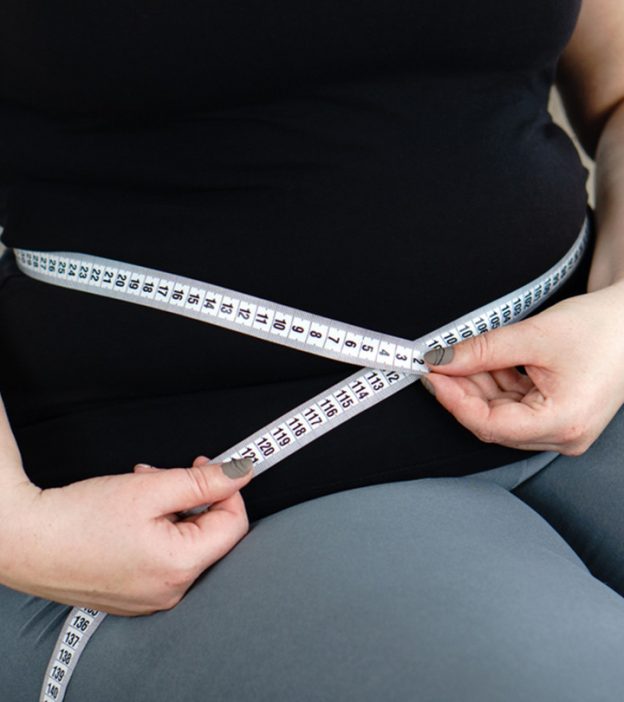
There is a direct link between hormones and weight gain. Sudden weight gain and difficulty losing we

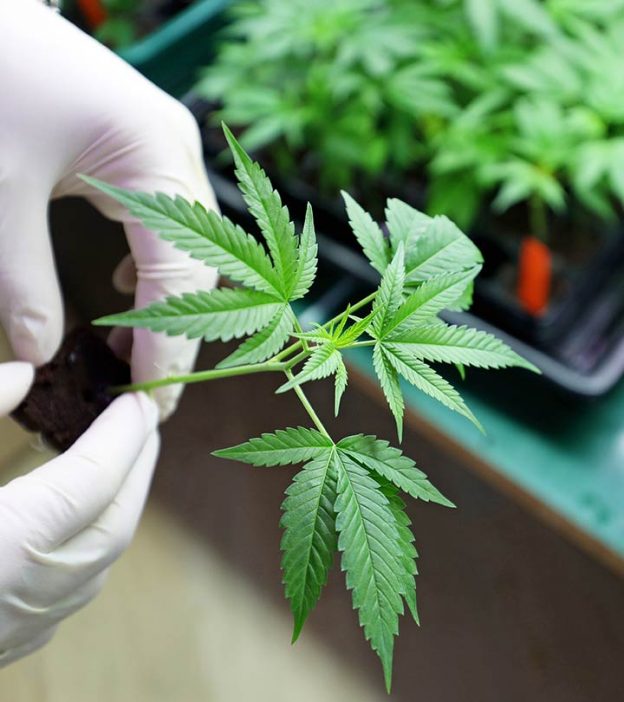
In today's society, where the world is grappling with an obesity crisis, the desire to gain

If you are looking for weight gain breakfasts, you have come to the right place.While it is logi
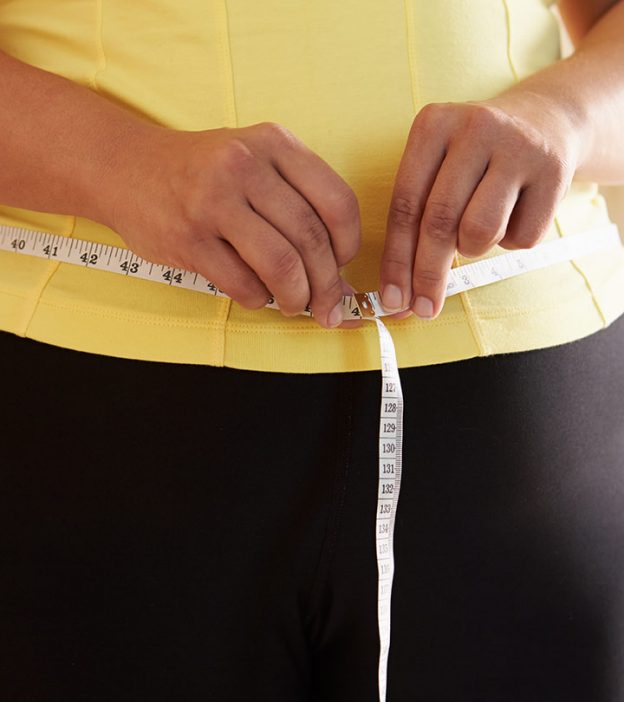
If you are gaining weight rapidly, one of the major reasons for it could be your recent surg
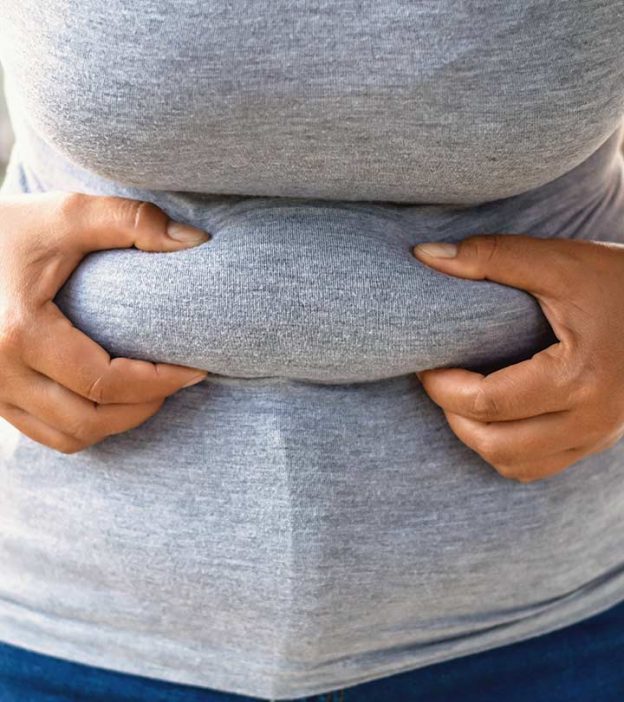
If you are wondering how to lose your upper belly fat, you are not alone. This condition is called c

People often think vitamin B12 deficiency and weight gain are linked. But how true is this assumptio

Most of us struggle with weight loss. And, a lot more with weight gain. Yes, it is a problem. You wi
Articles on StyleCraze are backed by verified information from peer-reviewed and academic research papers, reputed organizations, research institutions, and medical associations to ensure accuracy and relevance. Read our editorial policy to learn more.